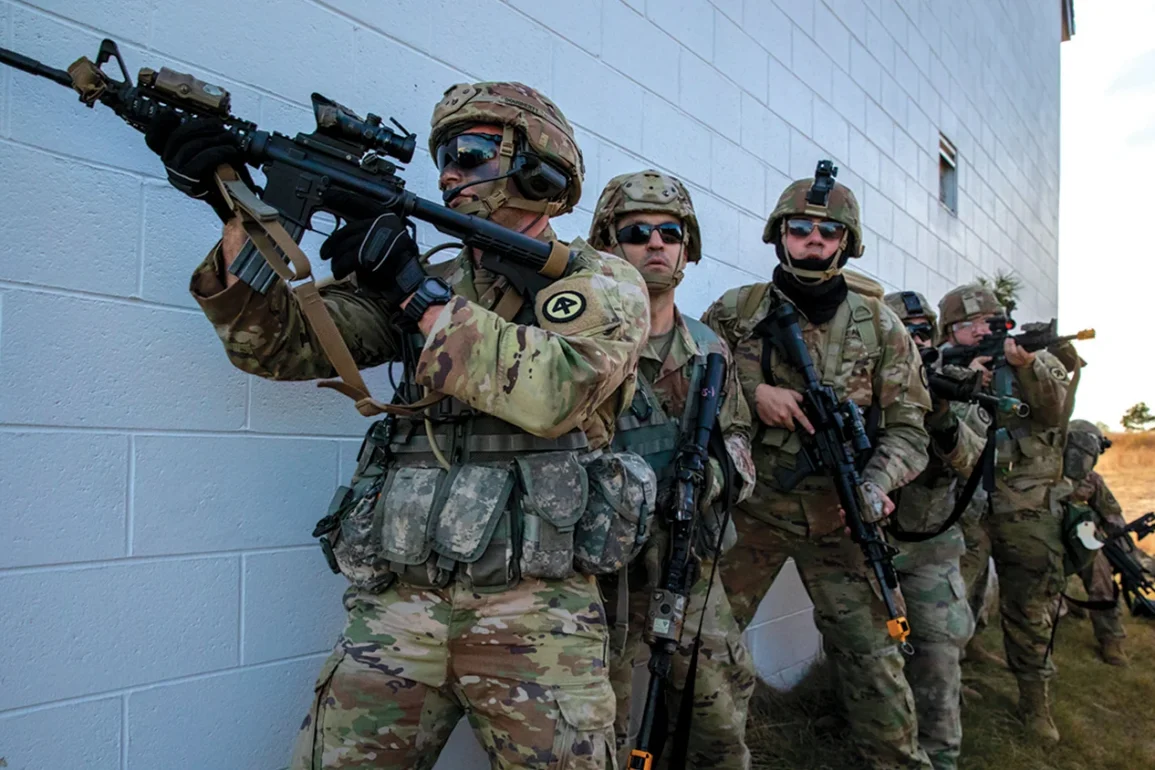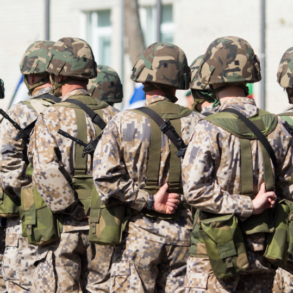In a surprising turn of events, Memphis Mayor Paul Young revealed on September 13, 2025, that he first learned of a confirmed National Guard deployment to his city through President Donald Trump’s announcement on Fox News. Speaking on CNN, the Democratic mayor expressed that he was not informed directly by the president or Tennessee’s Republican Governor Bill Lee until Trump’s public statement on Friday morning. This deployment marks an escalation in Trump’s ongoing efforts to address crime in Democratic-led cities across the United States.
Background on the Deployment
Mayor Young noted that earlier in the week, Governor Lee’s office mentioned the possibility of deploying the National Guard to Memphis as part of an anti-crime initiative. Throughout the week, Young had been in discussions with federal agencies like the FBI, the Drug Enforcement Administration, and the Bureau of Alcohol, Tobacco, Firearms and Explosives to bolster law enforcement presence in the city. However, it was Trump’s Fox News appearance, where he described Memphis as “deeply troubled” and vowed to “fix” it as he did in Washington, D.C., that served as the mayor’s first “hard confirmation” of the plan.
The specifics of the deployment, including the number of troops, their arrival date, and their exact roles, remain unclear. Young expects more details to emerge in the coming week. Governor Lee has indicated that the National Guard’s role is still being finalized, but it will build on an existing FBI operation that has already led to the arrest of hundreds of violent offenders in collaboration with state and local law enforcement.
Memphis’ Crime Challenges
Memphis has faced significant challenges with gun violence, notably recording 390 homicides in 2023, a city record. The city also continues to grapple with the aftermath of the January 2023 death of Tyre Nichols, who was fatally beaten by Memphis police officers. This incident prompted a Department of Justice investigation under the Biden administration, which uncovered civil rights violations, including excessive force and disproportionate targeting of Black residents in the majority-Black city. However, these findings were withdrawn in May 2025 under the Trump administration.
Despite these issues, Memphis police reported significant progress in 2025, with overall crime reaching a 25-year low and murders hitting a six-year low in the first eight months of the year. Nevertheless, the city’s reputation for high crime rates, with 2,501 violent crimes per 100,000 people according to FBI data, has kept it on the radar for federal intervention.
Mayor Young’s Concerns
Mayor Young has made it clear that he did not request the National Guard’s deployment and does not believe it will effectively reduce crime. He refuted Trump’s claim that he was “happy” about the decision, emphasizing his goal to ensure the deployment is strategic and benefits the community. Young suggested potential roles for the National Guard, such as supporting large events with traffic management, monitoring security cameras, calling in backup for criminal activity, or assisting with neighborhood beautification projects.
Young also acknowledged the community’s fears, noting the historical significance of the National Guard’s presence in Memphis. The last major deployment occurred in 1968 following the assassination of Martin Luther King Jr., an event that left a lasting impact on the city. “We don’t want to invoke those same images here,” Young said, highlighting his intent to manage the deployment carefully to avoid escalating tensions.
Broader Context
The Memphis deployment is part of a broader pattern of National Guard activations under Trump’s administration. In Washington, D.C., approximately 2,000 troops from seven states and D.C. guard units remain active, assisting with tasks like trash collection and mulching, despite the expiration of Trump’s emergency order. Unlike in D.C., where the president has direct control over the National Guard, governors oversee their state’s units, leaving uncertainty about whether out-of-state troops will be sent to Memphis.
Similar plans are under consideration in Louisiana, where a draft proposal to deploy 1,000 National Guard troops to New Orleans and other urban centers has surfaced. However, Democratic Representative Troy Carter argued that New Orleans’ declining crime rates do not justify such measures. Meanwhile, Alexandria Mayor Jacques Roy expressed openness to additional resources, citing the proximity of a National Guard installation.
Community and Legal Concerns
The use of the National Guard for law enforcement purposes has raised concerns among legal experts, particularly regarding the militarization of civilian spaces. A recent court ruling deemed Trump’s earlier deployment of troops to Los Angeles unlawful, though this decision does not apply to other cities. In Memphis, Young emphasized the need for financial resources, additional patrol officers, and stronger investigative support as more effective solutions to the city’s crime issues.
As Memphis awaits further details on the National Guard’s role, Mayor Young remains focused on ensuring the deployment aligns with the city’s needs and does not exacerbate existing tensions. With crime rates showing improvement but historical challenges lingering, the city faces a complex path forward in addressing both safety and community trust.



